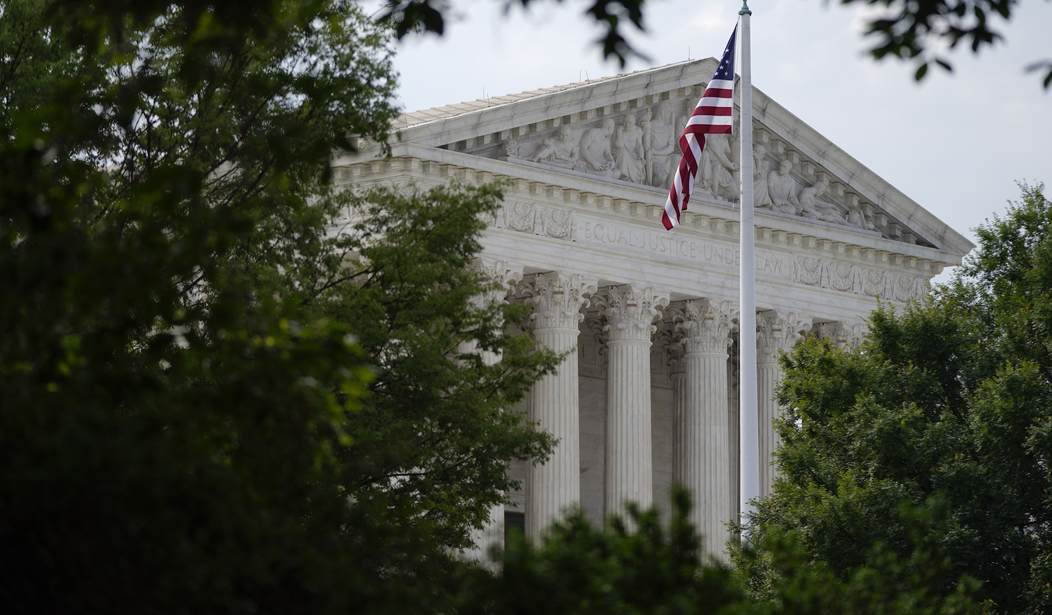The U.S. Supreme Court heard oral arguments in two cases surrounding affirmative action admissions at Harvard University and the University of North Carolina at Chapel Hill on Monday, with the suits saying the practice done by the universities is discriminating against applicants of Asian descent.
In Student for Fair Admissions v. UNC, lawyer David Hinojosa described Latino students as "Latinx" when discussing how they were not admitted into UNC as much as white students.
"Evidence always bears it out..where the evidence showed that hundreds of white students with lower combined GPAs and SAT scores were admitted ahead of high-performing black students, Latinx students who went to UNC," said Hinojosa.
"And I think that bears the hallmark of this type of individualized consideration that this court wanted," he added.
The lawyer defending UNC's race-based admissions policies just used the word "Latinx" during Supreme Court oral arguments. pic.twitter.com/JlBMYvrScQ
— Greg Price (@greg_price11) October 31, 2022
This is the latest example of the word "Latinx" being used as if it can work within the Spanish language. This is despite the fact that polling after polling has shown the diverse Latino community within the U.S. does not like to be called such. The overwhelming majority of Latinos have not even heard of the word, further highlighting how it did not originate organically.
Recommended
As Madeline reported, Justice Clarence Thomas remained unconvinced about another lawyer's argument for maintaining affirmative action.
"I don't put much stock in that because I've heard similar arguments in favor of segregation, too," Thomas said.
























Join the conversation as a VIP Member